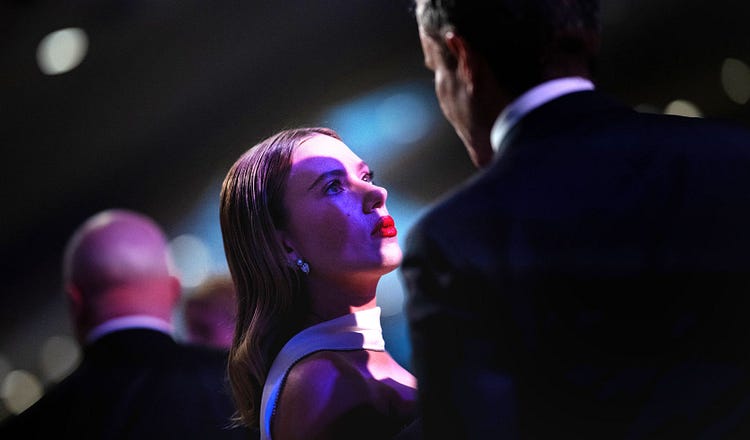Can Scarlett Johansson Stop AI Sounding Like Her?

OpenAI CEO Sam Altman approached Scarlett Johansson nine months ago about licensing her voice to the company. (Photo by Brendan Smialowski / AFP via Getty Images)
Bette Midler successfully sued Ford for copying her voice in the 80s. Now ScarJo has a ‘favorable’ case against Open AI.
16
This week, Academy Award–nominated actress Scarlett Johansson accused OpenAI, the company behind ChatGPT, of stealing her voice to create an AI virtual assistant called “Sky.” According to Johansson, OpenAI CEO Sam Altman approached her nine months ago about licensing her voice to the company. She declined. Then, two days before the company launched the…
Continue Reading The Free Press
To support our journalism, and unlock all of our investigative stories and provocative commentary about the world as it actually is, subscribe below.
$8.33/month
Billed as $100 yearly
$10/month
Billed as $10 monthly
Already have an account?
Sign In


